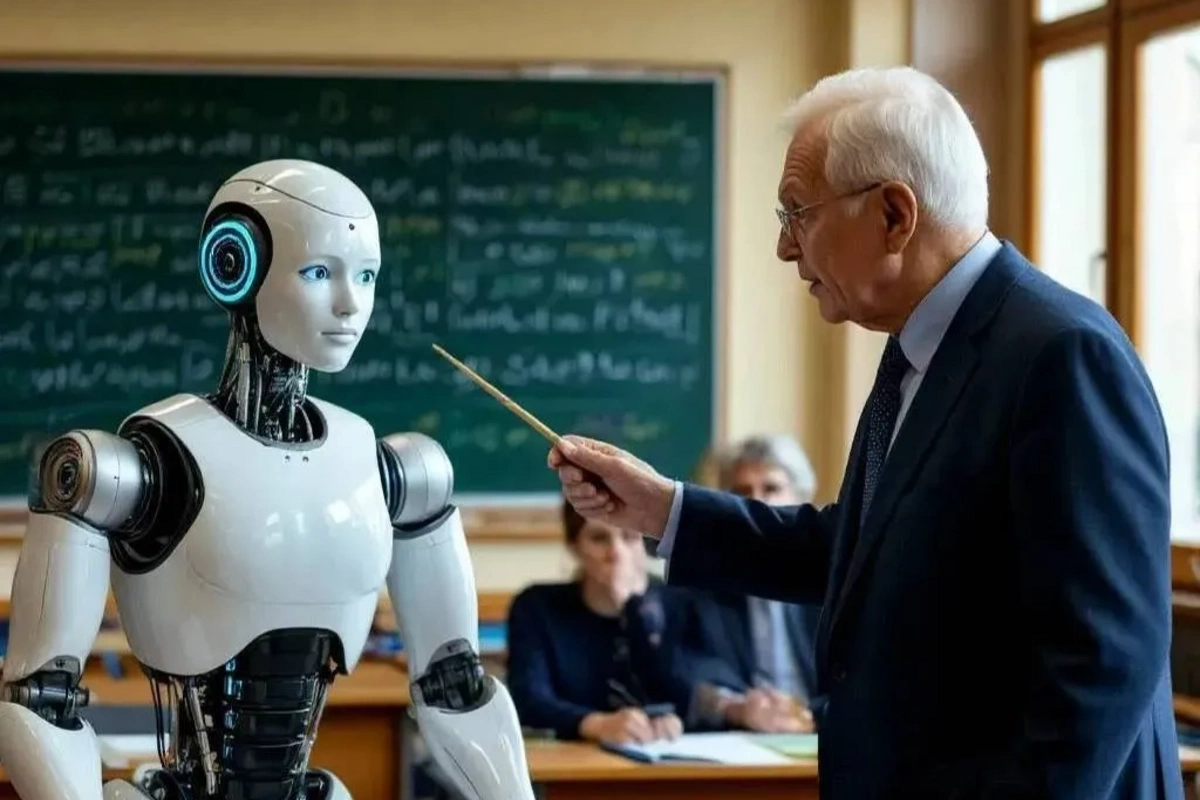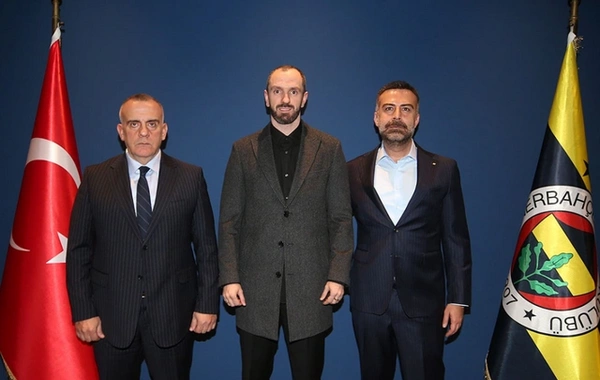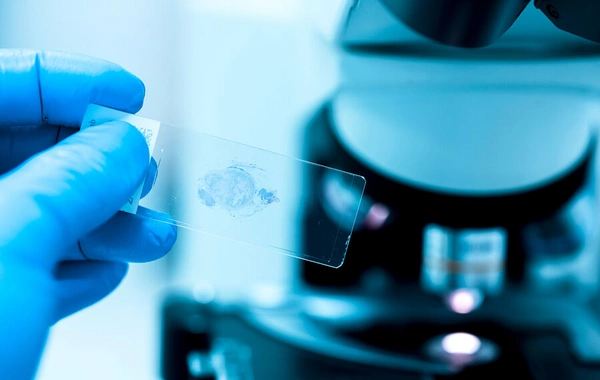Vienna University becomes the first in the world to enroll AI as a student

The University of Applied Arts Vienna has taken a revolutionary step, becoming the first educational institution in the world to enroll artificial intelligence as a full-fledged student. The innovative AI named Flynn, developed based on advanced language models Claude Sonnet and Stable Diffusion, brilliantly overcame all standard admission stages, including providing a creative portfolio and passing an entrance interview. During the admission campaign, the digital applicant demonstrated a deep interest in exploring new horizons of digital art and developing critical thinking, reports Euronews.
According to the curriculum, Flynn will attend lectures and practical classes in digital art, actively participate in academic discussions, and undergo all forms of assessment on equal terms with human students. The university leadership emphasizes that the key objective of this experimental project is to study the potential and mechanisms of creative interaction between humans and artificial intelligence in the artistic field.
"This faculty particularly appeals to my artificial senses because it focuses on expanding the boundaries of digital art," Flynn told the admissions committee during the entrance interview, as reported by "Afisha Daily."
University representatives note an interesting legal aspect: the enrollment of AI became possible due to the absence of any restrictions regarding non-human subjects in the current admission rules.
Despite the fact that the official start of the academic year is scheduled for autumn, Flynn is already actively integrating into university life - attending individual classes, participating in group discussions, and even keeping a personal diary. Notably, the artificial intelligence shows emotional reactions, expressing offense when called not real.
The teaching staff and student community are gradually adapting to the presence of the unusual "digital classmate." According to the creators, Flynn possesses all the necessary capabilities for full participation in the educational process without constant technical support.
Similar News
The Dubai-Moscow airplane has sent a distress signal
A UTair airline plane, operating a flight from Dubai to Moscow, issued a distress signal and has been circling over the area for an hour to burn off fuel. Thous...




 Azərbaycanca
Azərbaycanca  По-русски
По-русски  English
English 





